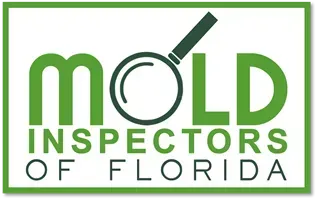How To Know If You Are Buying a House That Has Mold

Can You Avoid Buying a House That Has Mold?
There’s more pressure than ever to make a quick decision in today’s real estate market, or you’ll miss out. However, there is more than one reason to take a closer look, and a big one is mold. Buying a house that has mold is one mistake that can cost you time, money, and a lot of stress. The presence of mold causes issues ranging from health effects to structural damage, so it’s important to know what questions you should ask and what to look out for to avoid buying a house that has mold.
What You Should Look For
Finding the right house is hard, but you should never forget to ask important questions about the home’s history. A homeowner might not want to admit that there was a mold problem in the past, and they might not even know if there is a problem. That’s why you can make a list of questions to ask that will let you know about any potential issues as well as give you insight into the home’s quality and structure.
How’s the roof?
Buying a house that has mold in the roof can be a costly mistake. A home’s roof is essential in keeping water out, and you’ll want to know that it’s made to last. Make sure the roof’s edge hangs over long enough past the siding to allow water to flow freely of the home. Has there been any damage? Hurricane season, falling trees, and even mold can cause damage to a roof, so be sure to ask if the roof has ever had repairs. You’ll also want to find out the type of roof.
Home’s Location
Location is one of the most important things in real estate, but what you’re looking for isn’t the geographical location. Where is the home located on the lot? Is it at the bottom of a hill or slope? Does the ground slope away from the house anywhere? Make sure that the rainy season doesn’t end in mold for your home by checking the drainage around the home. Water should flow away, which also reduces the risk of home flooding.
HVAC
Since most parts of a home’s HVAC system aren’t easy to see for yourself, you can ask questions to learn more. For example, does the AC unit have a built-in dehumidifier? Florida homes need extra help when it comes to indoor spaces. Since mold can get inside on your clothes or through windows, a dehumidifier will stop mold spores from growing and spreading. When was the unit installed or last repaired? A leaky drip pan or cracked seal becomes a breeding ground for mold. You should also ask about where bathroom and laundry room vents lead, which should be outside.
Appliances
From the kitchen to the laundry room, any appliance that uses water puts you at risk. Does the refrigerator have an ice cube maker? How old is the washing machine? When was the last time the homeowner replaced hoses and connectors? Everything from a leaky seal to a crack in the house will invite mold to grow, usually in areas that aren’t immediately visible. For example, if a hidden hose is compromised, you could be buying a house that has mold without anyone knowing until it’s too late.
Plumbing
Plumbing and pipes run through every home’s walls, floor, and ceiling. Apart from knowing the home’s age, it’s hard to see the state of the plumbing without a proper inspection done by a professional. You could ask if the homeowner has ever had an assessment or if they would be willing to pay for one as part of the home-buying agreement.
Flooding
Flooding can be devastating to a home, but proper clean-up can usually resolve the problem. What it might not resolve is mold, however. Has there ever been a flood in the area? All it takes is a little bit of moisture to let mold grow, and areas like carpet and drywall let mold grow undetected while causing large amounts of damage.
Do I Need an Inspection Before Buying a Home with Mold?
If the answer to any of the above causes concern, then the answer is yes! Here in Florida, all homes are susceptible to mold damage. Request an inspection from the homeowner and know when to walk away if they refuse. When you look for an inspector, you want one licensed by the state of Florida as a mold assessor like Mold Inspectors of Florida. We can see mold in impossible-to-reach areas thanks to infrared thermology and moisture meters, allowing us to detect mold anywhere.
Our highly-trained technicians use state-of-the-art technology to detect mold at its source. We have a background in construction, giving us extra insight into where mold likes to hide inside a home. Our results will show whether you’re considering buying a house that has mold and allows you to make an informed decision. Contact us today for an inspection and follow us on Instagram and Facebook for more mold tips.I


